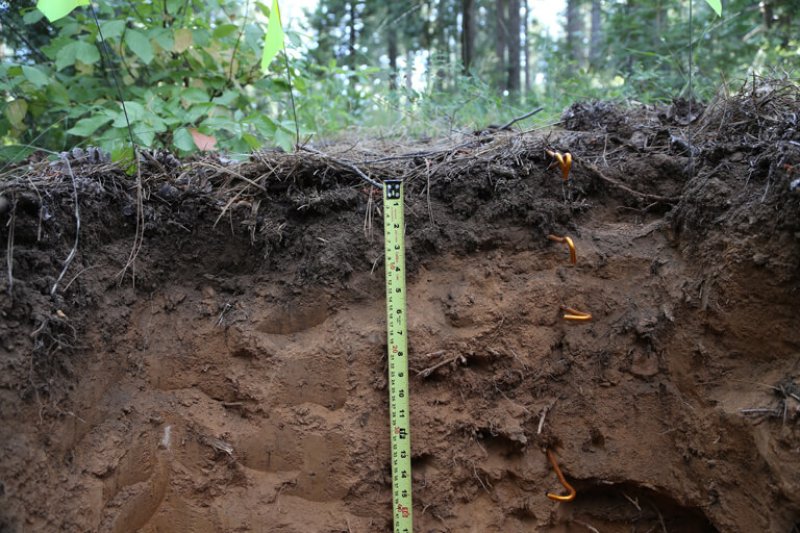University of Saskatchewan research has concluded that genetically modified canola and the use of glyphosate have increased carbon sequestration in the soil and reduced CO2 emissions from Canadian farmland.
“There is a complementary relationship between the adoption of herbicide-tolerant (HT) canola and conservation tillage, resulting in corresponding changes in GHG emissions,” says a paper published in the journal Sustainability in October. “Saskatchewan farmers have confirmed just how crucial the use of glyphosate is with the complementary technology of HT crops… (to) maintain sustainable land management practices.”
After estimating the changes in soil organic carbon, the authors estimated the change in carbon sequestration from minimal tillage and less summerfallow.
They pegged increased carbon sequestration at “0.14 Mg/ha (tonnes per hectare) from reductions in tillage practices and 0.39 Mg/ha from reductions in summerfallow practices.”
Many of these benefits occurred because of GM canola and glyphosate, the authors said.
Other scientists are less convinced about the benefits of zero-tillage when it comes to improving soil organic carbon.
University of Guelph researchers have found that soil organic carbon in the soil profile is the same in no-till and conventionally tilled systems, even in soil that has been zero tillage for decades.
This is an excerpt. Read the original post here.































